Unifi Bottles Recycling – Brussels is deliberating the integration of mass balance into recycled content regulations for bottles, amid opposition from environmentalists advocating for stricter measures 02-03-2024 - Arhive
Unifi Bottles Recycling
Brussels is deliberating the integration of mass balance into recycled content regulations for bottles, amid opposition from environmentalists advocating for stricter measures
In Europe, the discourse on chemical recycling hinges on mass balance, which allocates feedstocks from chemical recovery alongside traditional fossil raw materials in the petrochemical process. This method is crucial as certain feedstocks, like pyrolysis oil, are indistinguishable from fossil sources in the production process.
The allocation of circular “raw materials” through mass balance involves certified tracking to prevent fraud, ensuring accurate attribution without inflating feedstock volumes.
The current focus on mass balance stems from its potential to complement mechanical recycling in meeting regulatory demands, such as those outlined in directives on disposable articles and packaging waste. The aim is to include chemically recycled resin in content objectives, presently limited to mechanically recycled material.
Regarding the Single-Use Plastics (SUP) Directive, a proposed regulation addressing the calculation of recycled plastic content in bottles includes provisions for mass balance. This signals a potential role for chemical recycling with chain of custody in supplying regenerated material for bottles and closures.
Discussions persist regarding calculation methods, with options including “fuel-exempt” favored by industry and the more stringent “polymer-only” advocated by environmentalists.
Environmental groups argue for prioritizing segregation or controlled mixing over mass balance, particularly for non-mechanically recoverable plastic waste.
The draft regulation is subject to further debate and may undergo public consultation before review by the European Parliament, possibly within the current legislative term.
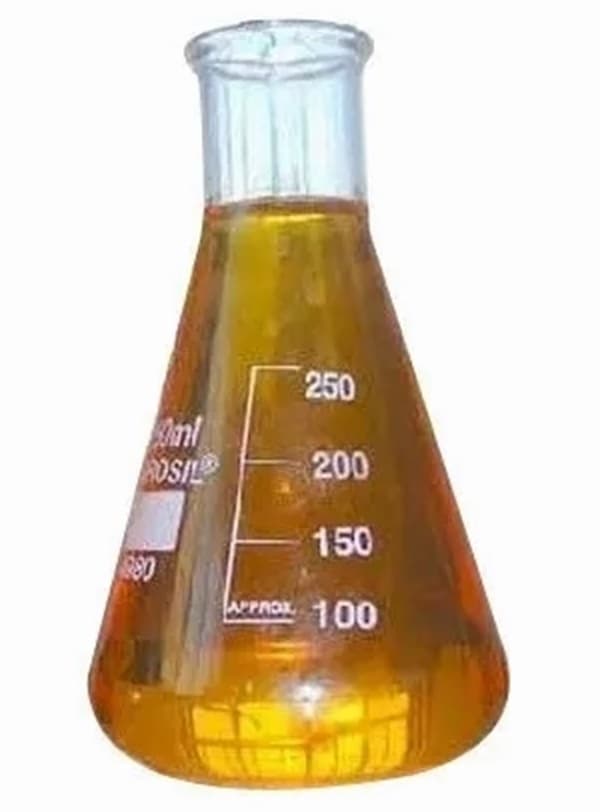
Challenges in Supply and Demand Fundamentals Drive Fluctuations in R-PET Prices
The global Recycled Polyethylene Terephthalate (R-PET) market witnessed a surge due to strong market purchases and gradual depletion of inventory, apart from China, where Lunar New Year festivities-maintained prices at a steady level due to reduced purchasing activities during the holiday period. Southeast Asia demonstrated robust demand, although buyers remained cautious amid holiday-related closures. Globally, Food Grade FD Hamburg prices saw a modest 2.1% increase, primarily propelled by elevated clear bottle scrap costs. Meanwhile, in North America, R-PET Clear Flakes prices experienced a 1% rise fuelled by increased demand and disruptions in shipping. These market dynamics present pricing and environmental sustainability challenges. Unifi Bottles Recycling
Following the established two-week pattern, R-PET prices in China maintained their stability for the third consecutive week, holding steady at USD 820/MT until the week ending on February 23rd. The Northeast Asian R-PET market continued to exhibit a subdued trend particularly in China, primarily influenced by the aftermath of the post-Lunar New Year holidays. Conversely, Southeast Asia displayed robust demand, yet prices remained resilient. Many buyers exercised caution, refraining from committing to definitive bids, especially as downstream production facilities underwent closures during the holiday period. In China, the stability in prices demonstrated resilience with minimal fluctuations, attributed to both subdued demand and heightened ocean freight charges. This unwavering stability persisted due to a combination of factors, including the absence of substantial demand and the impact of increased ocean freight charges. Challenges faced by exports due to these factors were further compounded by limitations in container availability. Unifi Bottles Recycling
Simultaneously, Food Grade FD Hamburg prices of R-PET experienced a modest increase with narrowing profit margin among the significant manufacturers.
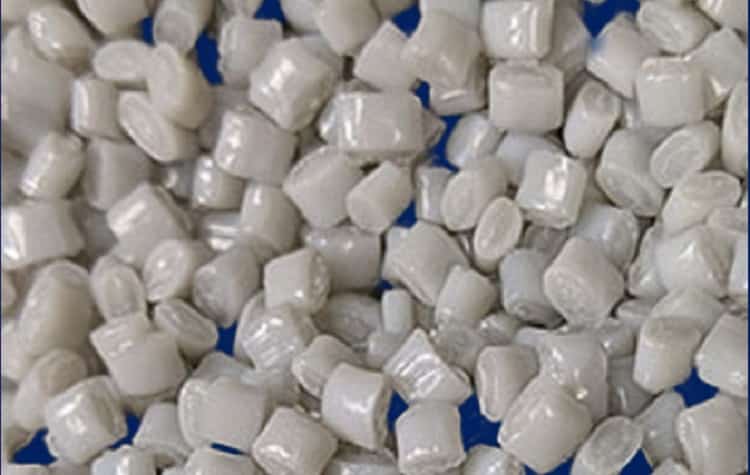
Unifi is striving to expand its line of products made from recycled materials
Unifi, a textile manufacturer headquartered in Greensboro, North Carolina, saw its recycled-content fiber line contribute 30% to its revenue in 2023, with an ambitious goal to elevate this to 50% by 2025. With the release of its 2023 sustainability report, the company announced a new target: recycling the equivalent of 1.5 billion T-shirts worth of textile and yarn by 2030. Unifi Bottles Recycling
In pursuit of its 2025 objectives, which include recycling 50 billion plastic bottles and having the REPREVE fiber line constitute over 50% of revenue, Unifi reported steady progress. By 2023, 38 billion plastic bottles had been recycled, and the REPREVE fiber accounted for 30% of revenue, indicating alignment with its trajectory.
The REPREVE line, which comprised 36% of revenue in fiscal 2022 and 37% in fiscal 2021, exemplifies Unifi’s commitment to sustainability. Unifi Bottles Recycling
The company recycles commercial pre-consumer textile material and internal yarn, transforming them into products like REPREVE polyester, REPREVE powered by Textile Takeback, and REPREVE nylon.
Unifi’s Textile Takeback program epitomizes its dedication to minimizing waste, repurposing fabric production waste into raw materials. The report underscored Unifi’s ethos of eschewing waste within its own processes and extending this mindset to benefit the broader industry. Unifi Bottles Recycling
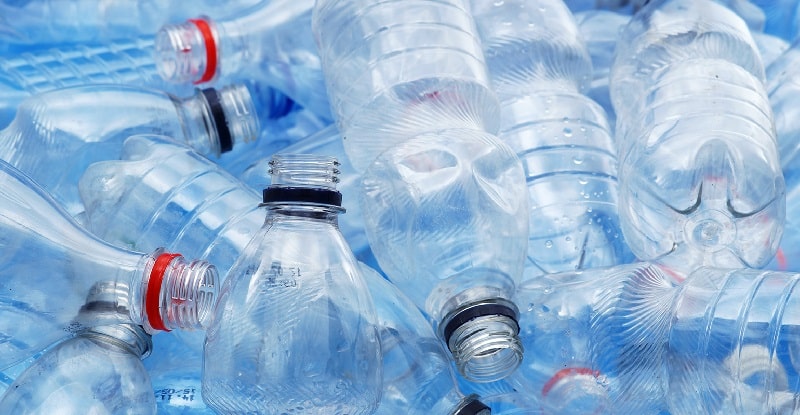
RePurpose Global and Vital Pet Life collaborate on ocean-bound plastic waste
Vital Pet Life has forged a strategic alliance with rePurpose Global, an organization dedicated to combating plastic pollution by empowering marginalized waste workers worldwide. Under the umbrella of rePurpose’s Impact Guarantee program, Vital Pet Life pledges to finance the removal of 18 grams of ocean-bound plastic for every bottle it sells.
This initiative, dubbed Project Laut Yang Tenang by Vital Pet Life, targets the prevention of ocean-bound plastic from reaching Indonesia’s shores, safeguarding the country’s ecosystems and biodiversity. The project specifically addresses the recycling of flexible low and high-density polyethylene (LDPE and HDPE) plastics, often overlooked by local waste collectors due to their minimal market value. Unifi Bottles Recycling
Donie Yamamoto, CEO and founder of Vital Pet Life, emphasized the pressing need for proactive measures in the face of escalating climate change. Through this collaboration, the partners aim to confront the global plastic crisis head-on, while also enlightening their customers about the company’s commitment to Environmental, Social, and Governance (ESG) principles. By intertwining environmental stewardship with business practices, Vital Pet Life and rePurpose Global aspire to effect tangible change while fostering awareness among their clientele. Unifi Bottles Recycling
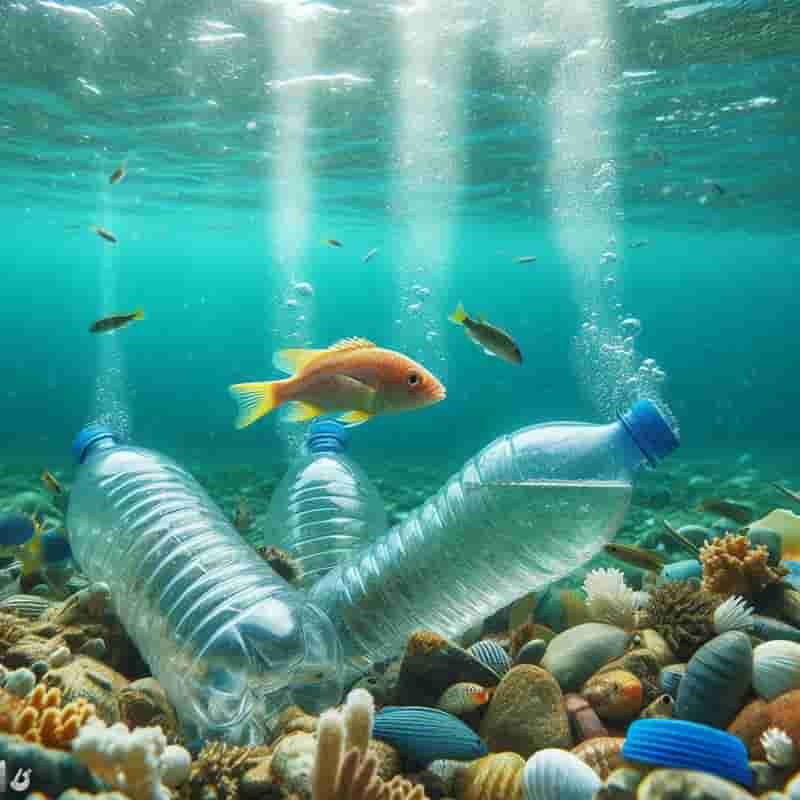
Piaggio Aero progressing with EU hydrogen initiative
Piaggio Aerospace advances in the European Alright2t initiative, receiving 10 million euros from the EU Commission to promote sustainable airport operations. The project spans four years and focuses on using liquid hydrogen for aircraft refueling to accelerate aviation decarbonization.
Piaggio Aero’s role centers on developing technical specifications and safety protocols for direct refueling. Testing involves installing a liquid hydrogen tank and refueling interface on a P.180 Avanti aircraft. Unifi Bottles Recycling
Alright2t includes test campaigns at Milan Malpensa airport (with Piaggio Aero’s involvement) and another in a Parisian airport, aiming to replace a tank filled separately.
The project comprises 20 international partners, contributing expertise in aeronautics and liquid hydrogen production, distribution, and utilization. Italian entities like Enea, Digisky, Sea, and Atena coordinate alongside renowned organizations such as the Austrian Institute of Technology, Technical University of Munich, and Linde. Unifi Bottles Recycling
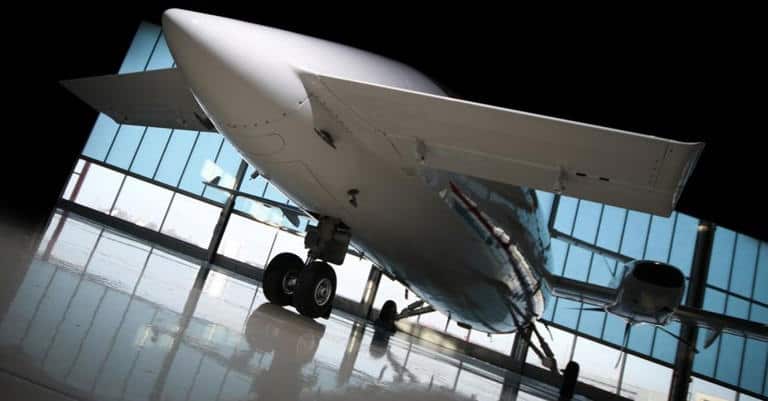
As BRICS navigates the evolving global economic landscape, its trade, investment, and finance progress underscores its significance as a transformative force
In the current global economic landscape, the trajectory of multilateral institutions is undergoing a pivotal shift, and the BRICS alliance is a crucial player in this transformation. As we delve into the realms of trade, investment, and finance within BRICS, we find ourselves navigating the complexities of an ever-evolving geo-economic and geopolitical paradigm. Unifi Bottles Recycling
The origins of the BRICS initiative can be traced back to the early 2000s when Brazil, Russia, India, and China formed a loose consortium known as BRIC. However, in 2009, South Africa’s inclusion solidified the alliance. The primary impetus behind this collaboration was a response to the shifting dynamics of the global economic landscape. A key driving force was the call for a more democratic and transparent decision-making process within international financial organisations, mainly focusing on affording emerging and developing economies a more influential voice.
The primary impetus behind this collaboration was a response to the shifting dynamics of the global economic landscape. Unifi Bottles Recycling
BRICS has evolved into a unified and purposive entity, championing the cause of reforms in major multilateral institutions with a clear intention of democratising global governance. A pivotal milestone in this trajectory was the establishment of the New Development Bank (NDB) in 2013. Endowed with an initial capital of US$50 billion, the NDB was conceived as a credible alternative to existing financial institutions, reflecting the group’s determination to challenge and reform the global economic landscape. The NDB, headquartered in Shanghai, has significantly increased its disbursements, catalysing infrastructure, and sustainable development across four continents. The equitable distribution of the initial subscribed capital among BRICS members underscores the commitment to collective action. Unifi Bottles Recycling
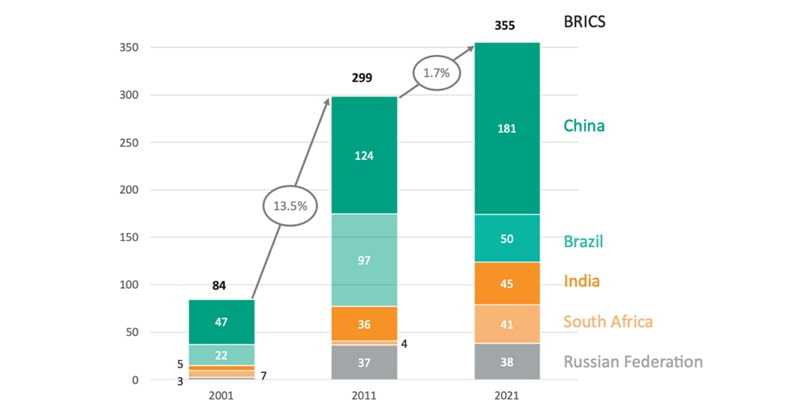
The fiscal year 2023 proved to be challenging for Sabic, the Saudi-based petrochemical giant, as global market conditions took a toll on its performance
Sales of petrochemical products witnessed a significant decline of 23%, amounting to 141.5 billion riyals or approximately 37.7 billion dollars. Despite these adversities, Sabic managed to achieve a profit from continuing operations of 1.30 billion riyals (350 million dollars). However, the net profit recorded a negative figure of 2.77 billion riyals (700 million dollars), a sharp contrast to the 16.53 billion riyals (4.41 billion dollars) earned in 2022. Unifi Bottles Recycling
Abdulrahman Al-Fageeh, the CEO of Sabic, acknowledged the challenges faced by the chemical industry and global supply chains but emphasized the company’s resilience in navigating through the turbulence of 2023. He highlighted the strategic focus on optimizing expenses and seizing opportunities to deliver innovative solutions to customers worldwide.
Despite the economic headwinds, Sabic managed to maintain its market share in the petrochemical sector, experiencing only a marginal 2% decline in sales volume compared to the previous year.
Looking ahead, Sabic announced investments in projects like the Chinese Fujian initiative, a new 6.4 billion dollar petrochemical complex, and initiatives aimed at minimizing the environmental footprint of its operations. Unifi Bottles Recycling
These efforts include the adoption of electric furnaces for cracking and the advancement of chemical recycling technologies.
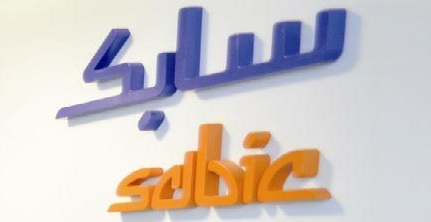
Unifi Bottles Recycling
